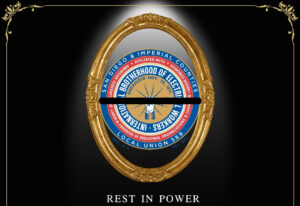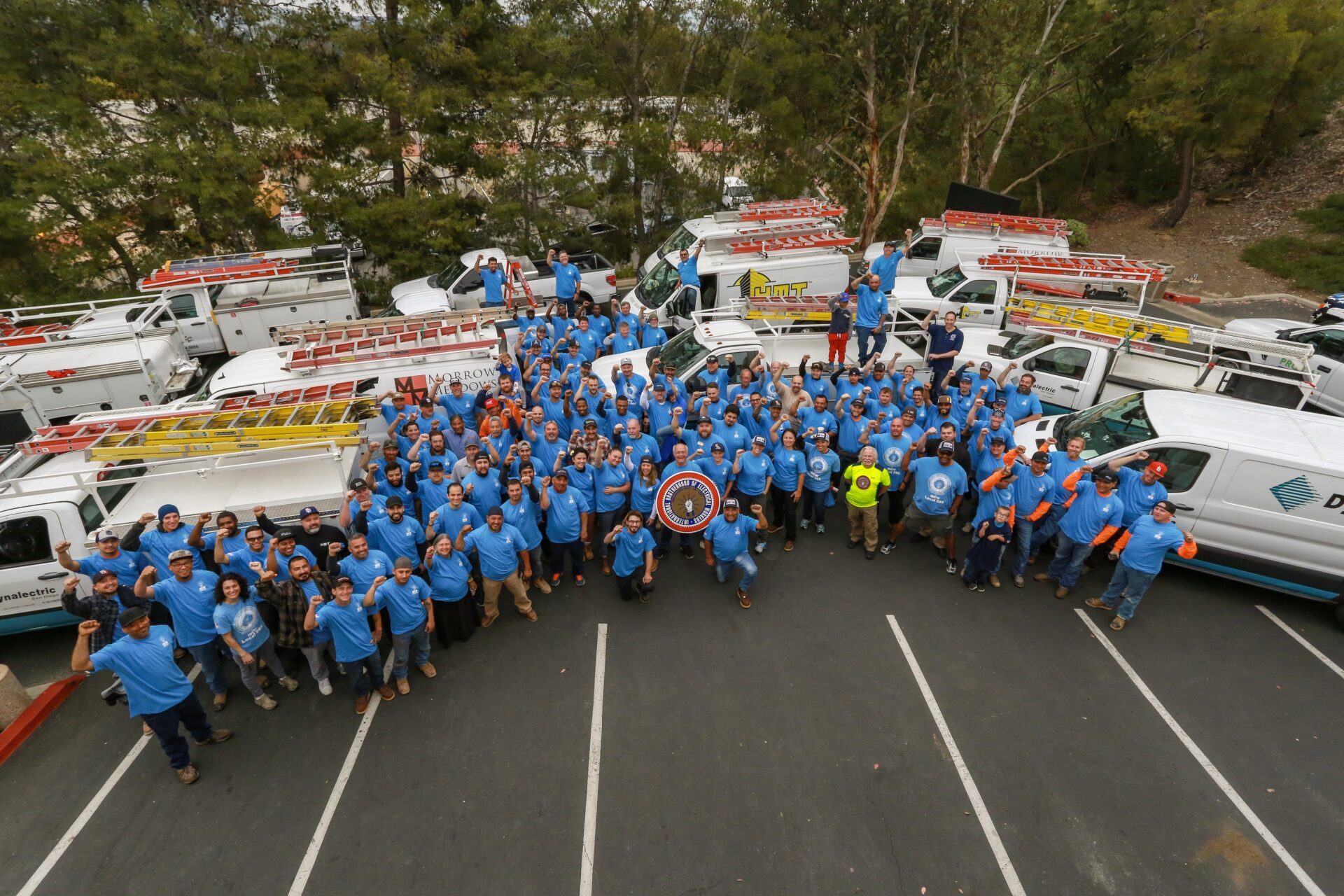As evidence links air pollution from trucks and vulnerability to COVID-19, experts say updated draft is step in the right direction
Earth Justice Press Room, April 28, 2020
Sacramento, CA —
Today the California Air Resources Board (CARB) released an updated draft of the nation’s first electric truck standard. The rule asks manufacturers to build zero-emission vehicles that would help strengthen public health in vulnerable communities, and is key to tackling California’s longstanding air quality crisis. The updated draft rule comes as Californians continue into the second month of a shelter-in-place order to avoid exposure to the novel coronavirus, which has disproportionately affected people living in high pollution areas. Initial research finds evidence that long-term exposure to air pollution from sources like diesel engines increases coronavirus death rates.
“The Advanced Clean Trucks standard is a common-sense public health protection that will safeguard the respiratory systems of millions of Californians,” said Paul Cort, staff attorney on Earthjustice’s Right to Zero campaign. “If passed, the standard will also support green jobs vital for our state’s economic future. It’s an important step toward a 100% zero-emissions future in California — and likely elsewhere too.”
Yesterday, 37 state legislators sent a letter to Governor Newsom urging the state to forge ahead with environmental protections important for public health and the state’s economy. The vote is tentatively scheduled for a CARB hearing in June, after the close of the 30 day public comment period in which Californians can weigh in.
“CARB’s decision to nearly double the proposed rule is a big step in the right direction,” said Dr. Jimmy O’Dea, senior vehicles analyst at the Union of Concerned Scientists. “If passed, it would be the most significant policy to-date for electric trucks in the United States, if not the world. This is good news for communities that breathe dirty air and for truck owners who want long-term savings on fuel and maintenance.”
By 2030, an estimated 100,000 zero-emission trucks could be on California’s roads as a result of this policy, and an estimated 300,000 in 2035. In the short term, by the end of 2024 the state’s goal is to have roughly 4,000 zero-emission trucks on California’s roads. The draft rule is significantly strengthened, after Californians sent over 20,000 messages to CARB championing a stronger air quality protection.
Heavy-duty trucks are the largest source of smog-forming NOx in California, and emit nearly 40% of the state’s diesel particulate matter. Groups representing disadvantaged communities, which have made arguments for a stronger rule, will continue to fight for a measure that reflects the severity of their experiences. These communities are disproportionately exposed to pollution in “diesel death zones,” and need the strongest possible rule adopted later this summer.
“During times of crisis it is important to be bold and demand the strongest measures necessary to protect working families,” said Andrea Vidaurre, Policy Analyst with the Center for Community Action and Environmental Justice (CCAEJ). “We believe CARB can take a stronger stance to protect the lungs of our frontline residents. Environmental justice communities across the state need the economic and health benefits that come from stimulating the zero-emission industry. Communities that endure pollution from ‘diesel death zones’ everyday need to be heard first and loudest.”
In contrast to groups working to protect their health by supporting a strong rule, truck manufacturers are taking advantage of the health crisis and lobbying leaders in Sacramento to stall adoption of the rule, which would not go into effect until 2024. Stalling regulations is a direct threat to the health of communities that experience chronic exposure to health harming pollution.
“The updated proposal shows CARB is listening to the experts instead of special interests,” said Patricio Portillo, transportation analyst at NRDC (Natural Resources Defense Council). “California continues to double-down on essential environmental regulations that grow jobs and safeguard public health, while protecting our climate and the air we breathe.”
“CARB’s updated Advanced Clean Trucks rule will help make sure Californians have access to trucks that don’t pollute. It will help deliver clean air and save lives,” said Kathryn Phillips, director of Sierra Club California. “Truck manufacturers have the technology and know-how to make a diversity of zero-emission trucks. When they deliver more zero-emission trucks, toxic diesel pollution in communities near ports, freeways, freight rail yards and warehouse districts will drop. And the rule will spur the electric-truck market, creating more high-quality manufacturing jobs, including here in California.”
A report from the Los Angeles County Economic Development Corporation published just weeks before the state went into lockdown found that the electric vehicle industry was booming, creating over a quarter million well-paying jobs in California. Jobs in the industry have grown twice as fast as the state average.
“CARB’s updated Advanced Clean Trucks rule is a big step toward cleaner air, new high-quality jobs, and skilled electrical training opportunities. Now more than ever, IBEW members are ready to build California’s clean transportation future and we’re glad CARB is listening to communities from across the state,” said Jeremy Abrams, business manager for the International Brotherhood of Electrical Workers (IBEW) Local 569.


